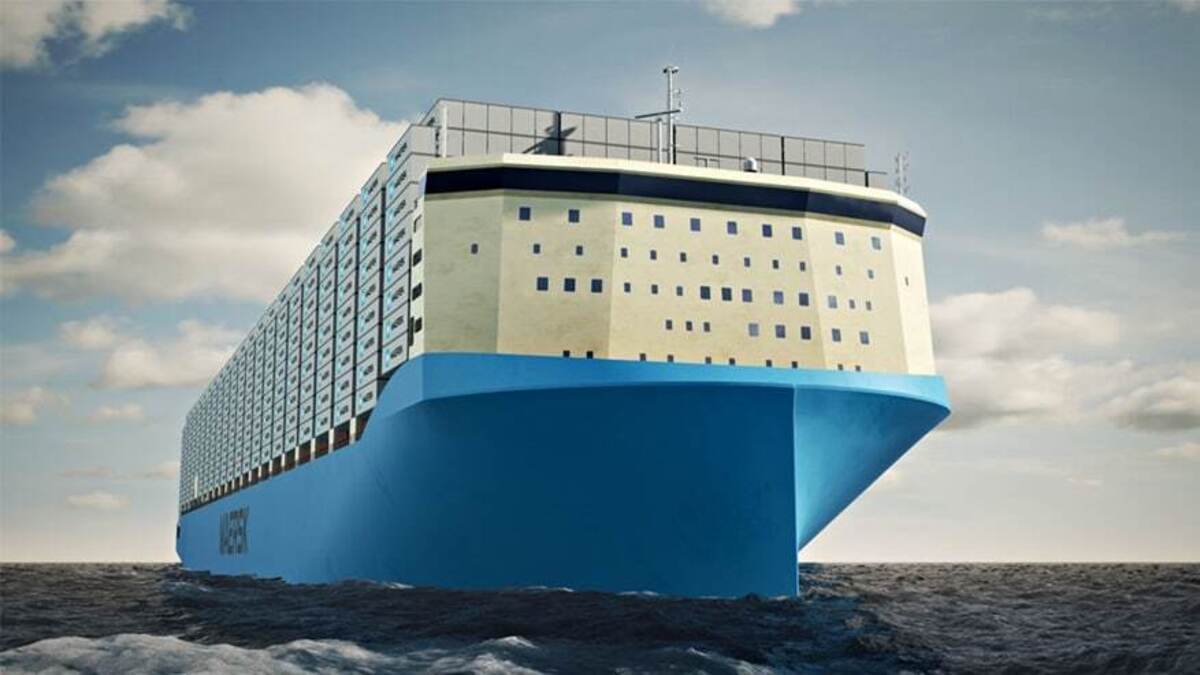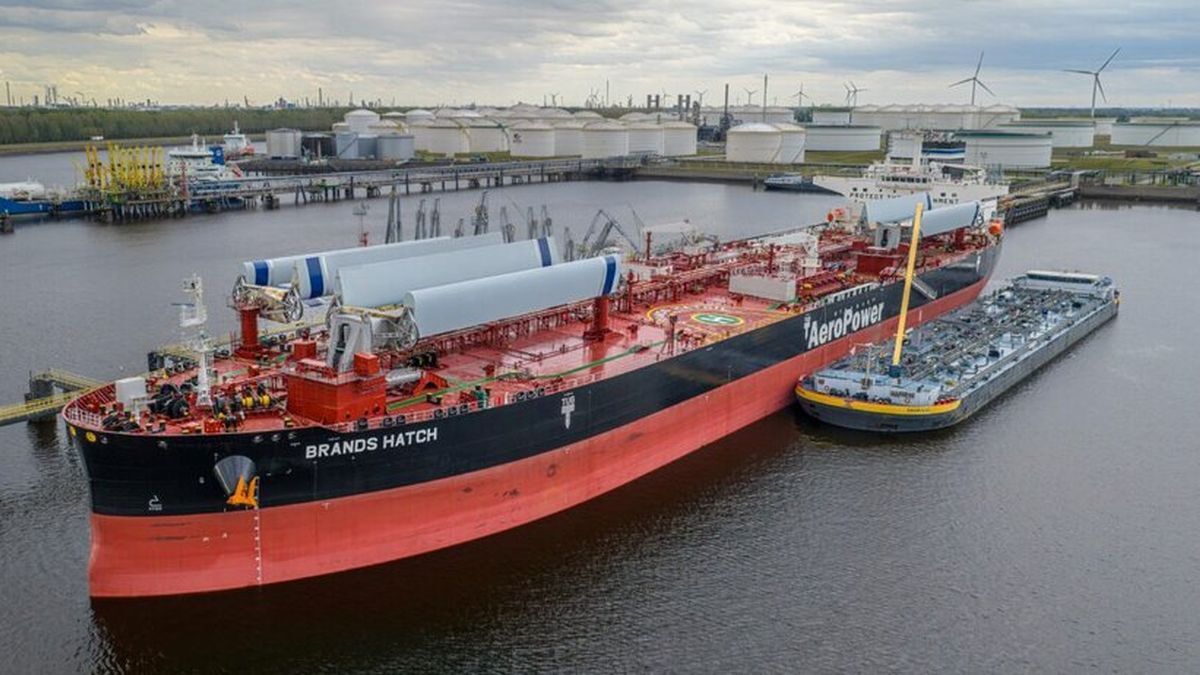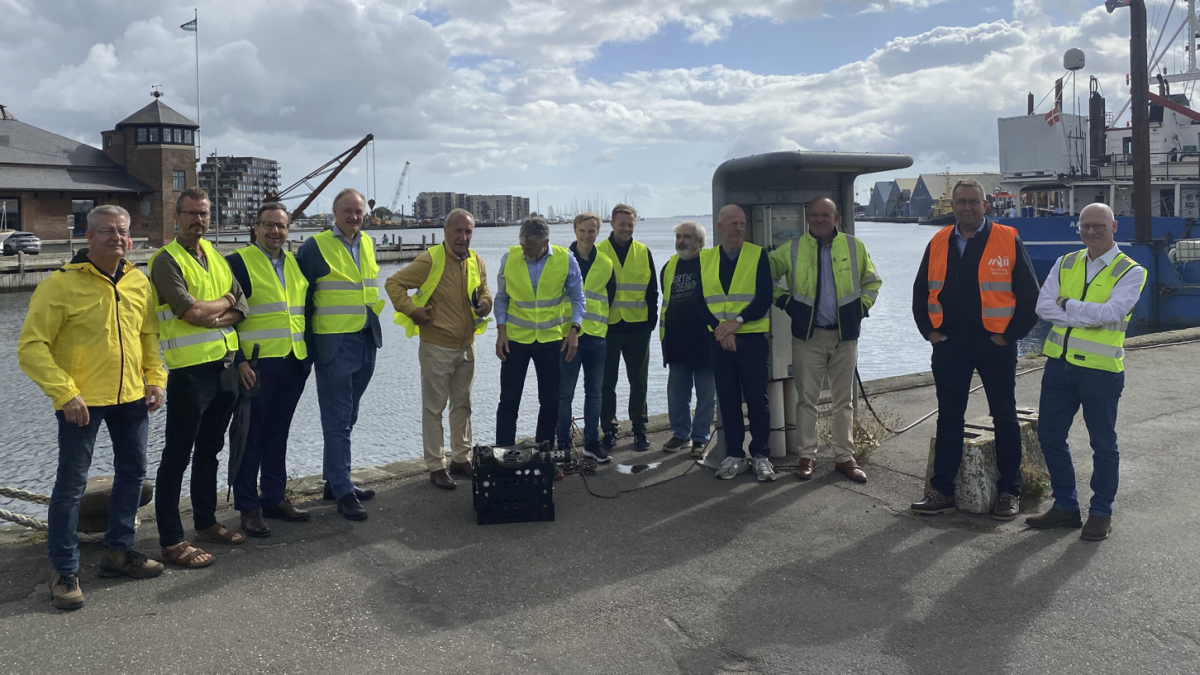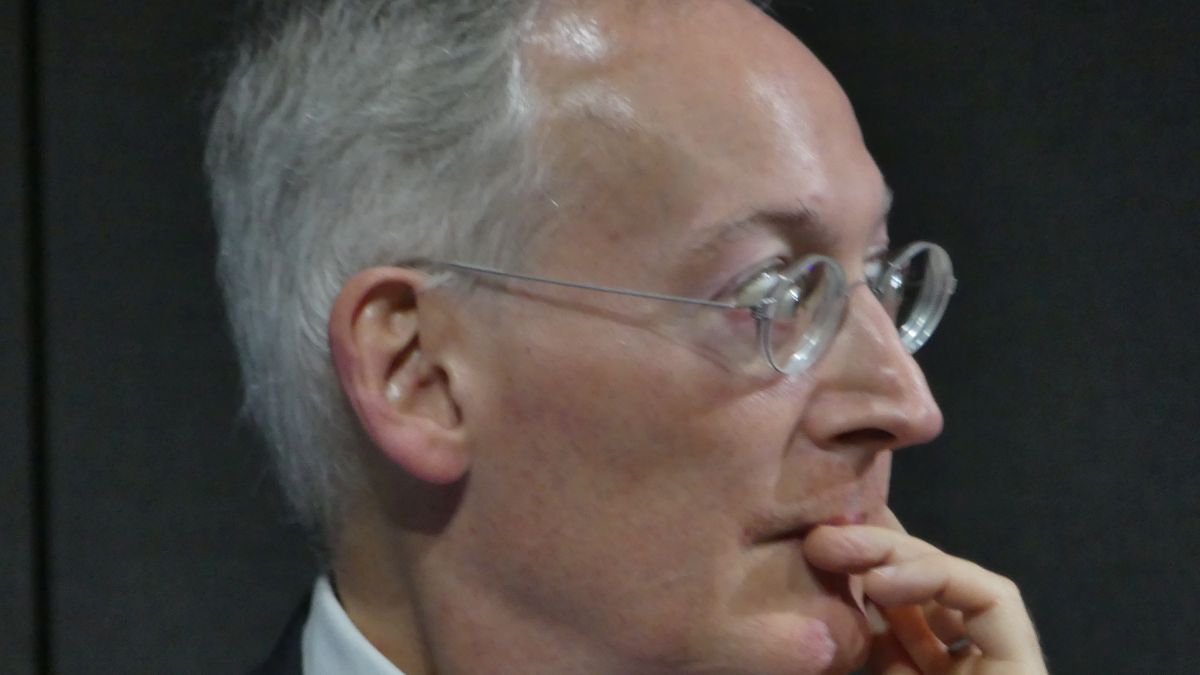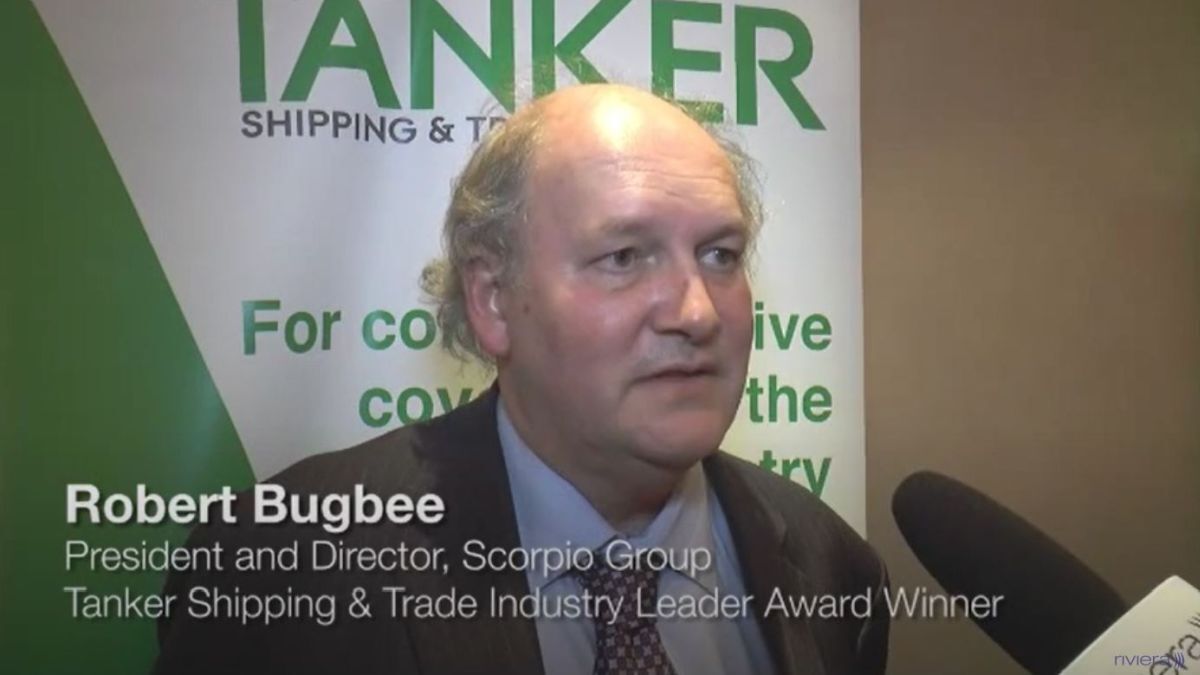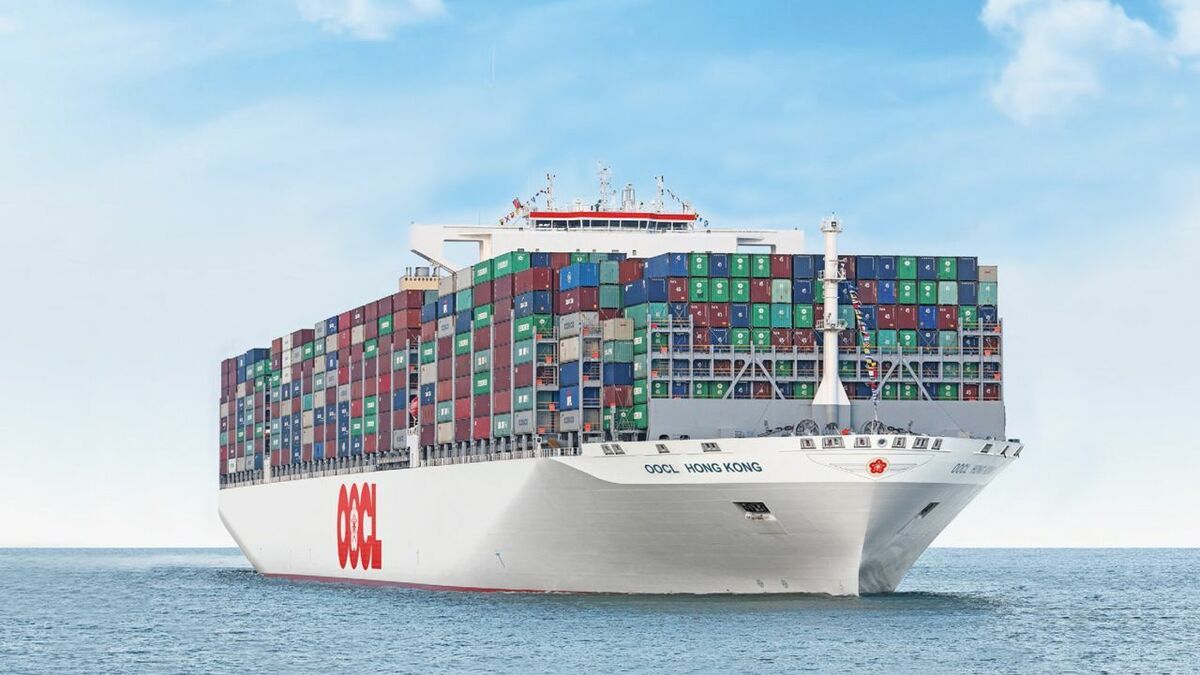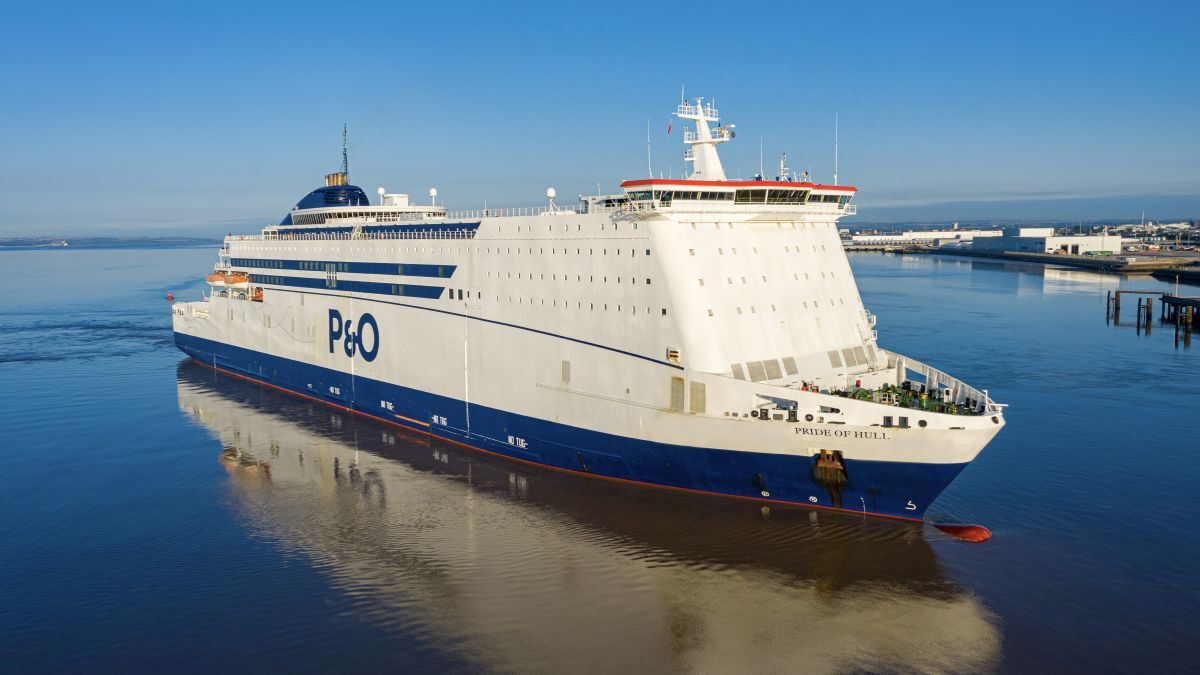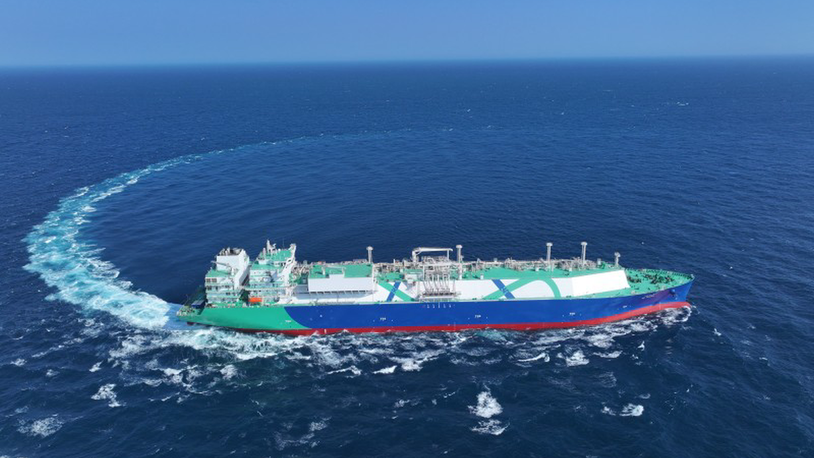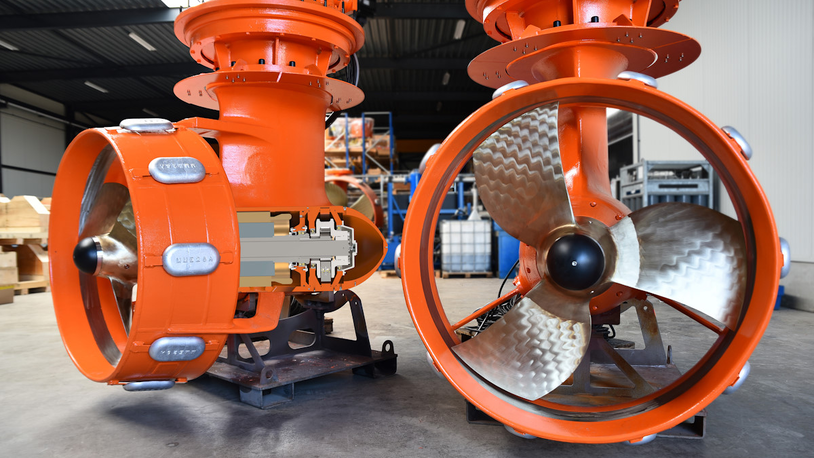Business Sectors
Events
Offshore Wind Webinar Week
Contents
Register to read more articles.
Maersk moves net-zero target date a decade closer
The container shipping behemoth said it will hit net-zero emissions by 2040, 10 years earlier than its first target of 2050
Maersk said the entire AP Moller-Maersk business is to achieve net-zero greenhouse gas emissions by 2040 and the target includes both direct and indirect emissions, covering third-party supplier emissions including those from inland transport services and vessel building.
The company also published a roadmap that includes becoming aligned with a science-based targets initiative pathway by 2030, committing to build "a portfolio of natural climate solutions that will result in around 5M tonnes of CO2 savings per year by 2030". The science-based targets initiative aims to stop manmade emissions from pushing average global temperatures past the 1.5°C temperature rise associated with some of the worst predicted impacts of climate change.
Pushing forward its targets, according to Maersk, is driven by both customer requirements and the desire to make a "societal commitment", and the moves follow other recent announcements and concrete steps that could allow the business to lower its emissions.
- COP26: coalitions add pressure to IMO, carbon levy gains traction
- Amazon, IKEA among shippers demanding decarbonised vessels by 2040
- Global shipping coalition tells governments to deliver decarbonisation policy support
- 70 form coalition to deploy zero-emissions ships by 2030
- Maersk methanol-powered box ship order could total a dozen vessels
Joining the so-called First Mover Coalition led by US Special Presidential Envoy for Climate John Kerry at the UN’s 26th Conference of Parties in Glasgow in late 2021, Maersk signed up to a target that at least 5% of its deepsea shipping operations will be powered by zero-emissions fuels by 2030.
According to a statement from the coalition, an S-curve-based analysis suggests that zero-emissions fuels need to make up 5% of the international shipping fuel mix by 2030 to enable Paris-aligned decarbonisation of shipping by 2050.
Some of the world’s largest cargo owners including Amazon and IKEA set up their own coalition in late 2021 demanding that shipping work faster to eliminate its carbon emissions. The Cargo Owners for Zero Emission Vessels (coZEV) coalition set a deadline, saying they will only ship ocean freight on vessels powered by zero-carbon fuels from 2040.
Maersk’s published timeline would potentially move forward the company’s highly publicised order of as many as a dozen dual-fuel box ships capable of running on methanol. The company said its first vessel will begin operations in 2023 and a dozen would be in operation by 2024. The terms of the initial newbuilding order placed with Hyundai Heavy Industries in August 2021 showed eight vessels as part of the initial, firm order, with the first of the vessels set for delivery in Q1 2024. An option for four additional vessels could be confirmed for 2025, the company said at the time.
The carbon neutrality of the vessels, tied to the availability of carbon-neutral methanol, is not guaranteed, and Mærsk said sourcing the fuel would be "challenging," initially. Maersk has also made moves to acquire methanol producers to facilitate operations for its methanol-fuelled vessels.
"Our updated targets and accelerated timelines reflect a very challenging, yet viable pathway to net zero which is driven by advances in technology and solutions. What is needed is a rapid scale-up which we will strive to achieve in close collaboration with customers and suppliers across the entire supply chain," Maersk chief executive of fleet and strategic brands Henriette Hallberg Thygesen said.
Related to this Story
Events
Offshore Wind Webinar Week
Maritime Decarbonisation, Europe: Conference, Awards & Exhibition 2025
Offshore Support Journal Conference, Americas 2025
© 2024 Riviera Maritime Media Ltd.


